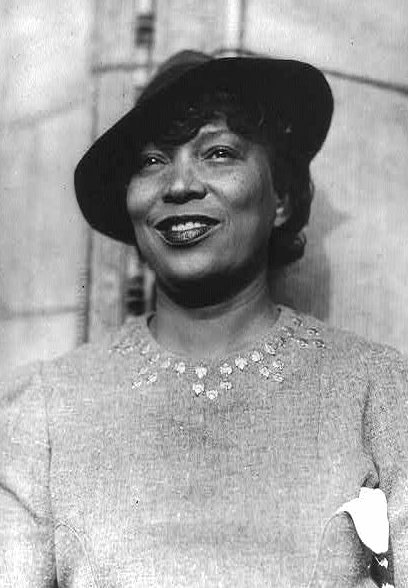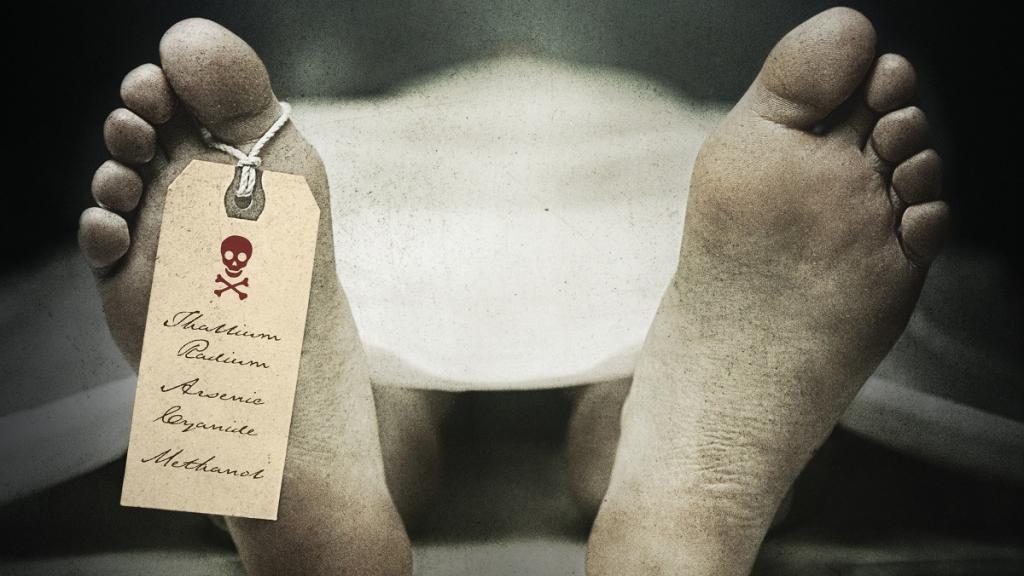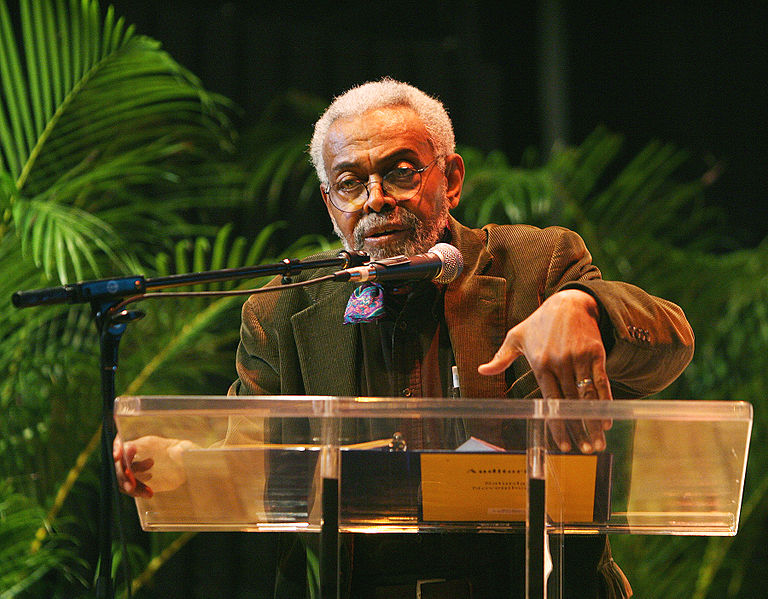Yesterday, the great poet, playwright, and American prophet Amiri Baraka passed away after weeks of illness. I remember discovering his work as a freshman at the University of Pittsburgh, notably his 1968 poem “It’s Nation Time,” which Baraka’s friend, and my mentor, Rob Penny (rest in peace) taught in his class “Black Consciousness.” My friends in that class, many of whom were of the more, er, “radical” variety, were drawn to the line in that poem, “when the brothers take over the school,” especially when we learned that our instructor Penny was part of a Baraka-inspired movement of black students who did exactly that.
On Jan. 15, 1969, they took over the university’s central computer room — nonviolently but forcefully — at the top of its towering Cathedral of Learning. There, they locked themselves inside and demanded that the university hire more black professors, recruit more black students, and create an academic department for the study of people across the African diaspora.
Before that takeover, black Pitt students were told that there wasn’t room for all they asked for. So Penny and his colleagues had to make their own room, achieving justice through civil disobedience. It was Nation Time.
Most of their demands were granted and Penny became a professor in what would eventually be called Pitt’s “Africana Studies” department, teaching African American literature and theater. He and his close friend Vernell Lillie, both magnificent playwrights, introduced students like me to Baraka’s seminal play “The Dutchman,” and a whole catalogue of other black writers that my friends and I hadn’t yet discovered. Among them was Zora Neale Hurston, the black writer and anthropologist who wrote one of the great American novels, Their Eyes Were Watching God. She would have been 123 years old on Jan. 7, this week.
It is because of Baraka, Hurston, and Rob Penny that I had the audacity to ever pick up a pen or strum a keyboard to share any words with the world. Everything I learned from those writers informs how I cover environmental justice here at Grist.
Hearing of Baraka’s death took me to a time right after Hurricane Katrina when people were trying to make sense of all of the death and destruction, and the role that race and class played in it. Katrina may have been a freak of nature, but the fact that thousands couldn’t evacuate because they had no car, little money, or frail health was a freak of a different kind.
Baraka confronted this head-on in this clip, where he says [at 4:00], “What people don’t understand is that the whole national question, or the race question as they like to put it, is a class question. There is no other way to demean or diminish a people except that you make them live worse than another group of people.”
Baraka goes on in that clip to say that he hoped Katrina would spark an understanding that “this nation is going to perish, unless we can eliminate, y’understand, the class and racial divides.”

U.S. Library of Congress
Zora Neale Hurston understood this. She tried to drive these points through her anthropological research and literary works decades before Katrina. She had been immersing herself in the ways and culture of black folk living in the Deep South from the 1920s to the 1940s. Herself born in Alabama and raised in the small town of Eatonville, Fla., Hurston was fascinated by the souls and folklore of black people who were considered “poor” and “backward” because of the way they talked, dressed, engaged with, or disengaged from the larger society. In her narratives, she wrote about them in ways that fully valued their humanity and recognized their resilience in the face of adversity as evidence of a brilliance that few others, black or white, would ever admit to. “Some people,” she once wrote, “could look at a mud puddle and see an ocean with ships.”
The title Their Eyes Were Watching God comes from a line in the novel where the main character Janie and her husband Tea Cake are stuck in their shanty home near the Florida Everglades looking to the sky as a hurricane approaches. (The story is set during the time of the 1926 Great Miami Hurricane, which, like Katrina, also killed or uprooted thousands of people.) At first they are unwilling to evacuate, believing they can withstand the storm. But when they see Lake Okeechobee stirring violently they accept that staying is not an option. With no vehicles in sight and certain that their house will be swallowed whole by the winds and floods, they have no choice but to try to outrun it.
With the hurricane at their heels, they finally spot high, dry ground on a bridge. “But it was crowded,” reads the story. “White people had pre-empted that point of elevation and there was no more room.” So they had to trek even farther, eventually finding sanctuary in Palm Beach.
A similar scenario played out in real life when black people, trying to evade floods in New Orleans during Katrina, attempted to access some of the city bridges only to be turned back by white residents and police. We know now that some of those evacuees — initially accused of being “looters” — were shot and killed along those bridges, and in some cases, justice still has not been served to this day.
Both Hurston’s story and the lessons of Katrina are illustrative of why climate change adaptation and building community resilience are of extreme importance today. They also show how there’s no getting around race and class when discussing climate change solutions. Flooding from rising sea levels and more furious hurricanes are real crises we will continue to encounter as the climate destabilizes. When that happens, those who’ve been devalued due to race and marginalized due to class will seek dry ground and working water in more secure places, like the bridged-away, gated-off communities of the white and wealthy. If told there’s no room, some may keep trekking. Others will forcefully make room where they are.
Those standoffs might yield positive, or at least disarming results, as what happened at Pitt in 1969. In other cases, they may lead to deadly clashes, as we saw in New Orleans. This is what Hurston meant when she said, “there’s something about poverty that smells like death.” This is what Baraka meant when he said that unless we eliminate the bridges that divide us, this nation will perish.



